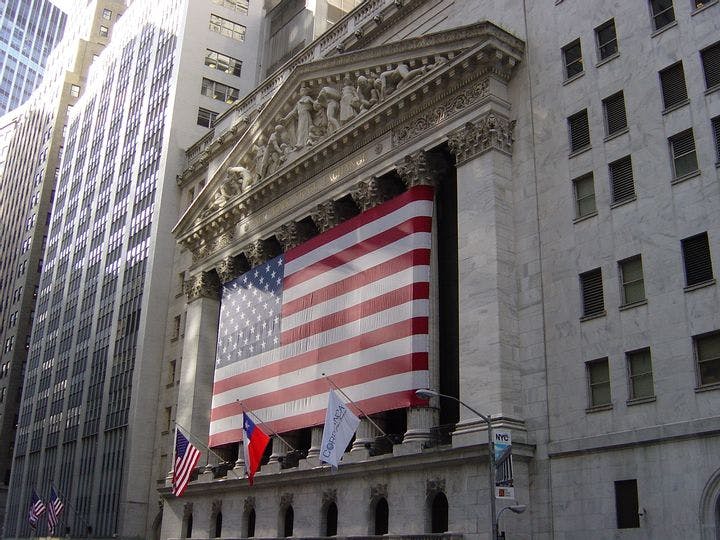Summer 2011
What Economists Can Learn from History
– The Wilson Quarterly
Should economists break the spell of mathematics?
Contemporary economics is totally in the thrall of advanced mathematical techniques. Economists should break the spell, argue Randall Morck, a professor of finance at the University of Alberta School of Business, and Bernard Yeung, a professor of economics and management at the National University of Singapore Business School. In particular, economists should mine the field of history, both for the information it can provide and for the methods its practitioners employ, Morck and Yeung say.
Economists, the authors complain, are overly focused on making each individual paper internally consistent and not enough on fitting their ideas within the broader context of their field. Even papers in the same issue of a given journal can be premised on conflicting assumptions. Historians, in contrast, are interested in developing “external consistency.” To establish its validity, “a good historical narrative must connect the ‘dots’ of all relevant historical events with causal links.”
An example of the sort of historically rooted economic analysis Morck and Yeung want to see more of is Charles Kindleberger’s 1978 book Manias, Panics, and Crashes. In the decades since its publication, purely data-driven theories on the nature of booms and busts have been shown to be weak, and Kindleberger’s historically rooted research remains the “narrative to beat.” The field of development economics in particular would benefit from studying the histories of poor countries, as researchers will need to understand colonialism in order to understand the persistent poverty in such places.
One of the most significant strengths of historical analysis is that it takes into account the characteristics of individuals, such as leadership, psychology, emotions, personal ties, compulsions, and ambition—factors that economics cannot capture.
Economists may not welcome Morck and Yeung’s recommendation, convinced as they are of data’s superiority to historical vagaries. Many may argue that historians are inclined to see the world in ways that agree with their “favored narratives.” But the authors aren’t so concerned: Data may seem neutral, but economists are “hardly immune” to their own methodological biases and ideological callings.
THE SOURCE: “Economics, History, and Causation” by Randall Morck and Bernard Yeung, in Business History Review, Spring 2011.
Photo courtesy of Flickr/Neil R
